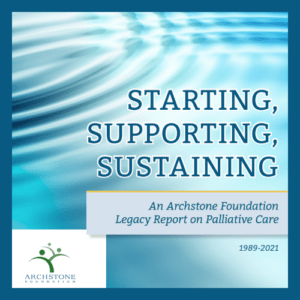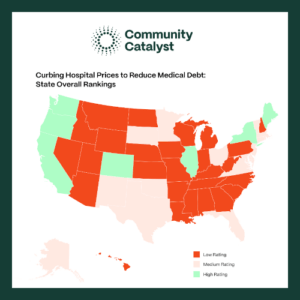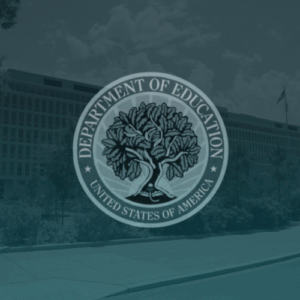Explore Access and Quality Topics
Latest Resources
Georgia Health Initiative: January 2026
The Georgia Health Initiative recently released the second annual edition of Insights on Medicaid in Georgia: Data & Trend Analyses, which provides an updated, comprehensive view of Georgia’s Medicaid program. It offers easily digestible information designed to educate and inform state decision-makers, non-profit organizations, health care providers, and other stakeholders engaged in health coverage.
Roles for Philanthropy as Medicaid Changes Take Effect
For those of us who have worked toward health equity, who have spent the past few years building toward incremental gains and pushing for larger change, the events of this year can feel like one big backslide. At times, it’s overwhelming. Yet this is not the time to get bogged down by the size of the challenge or by analysis paralysis. From where I sit, I see five roles that philanthropy can play in the rollout of changes to Medicaid.
Protecting Children’s Access to Health Care in Schools: The Impact of Medicaid Cuts on School Health Services
“Due to the remote area we serve, our students have little to no access to medical services otherthan those provided in schools.”—Superintendent from a rural school district in Michigan. Schools are essential places for children to access health services. An estimated 40 percent ofschool-aged children have at least one chronic health condition (National Survey of Children’sHealth, 2019). Among low-income children with special health careneeds, approximately 87percent do not receive necessary care, primarily due to financial costs and limited access (Childand Adolescent Health Measurement Initiative, 2022). Providing health care at school, where children spend most of their days, is crucial to addressing these concerns.
Kate B. Reynolds Charitable Trust: October 2025
Three new fact sheets inform funders about how recent federal budget cuts will impact health care access, food assistance, and the health of immigrant families. The fact sheets detail what is being cut, when the cuts will take effect, and what to do next.
Publications and Reports
Medicaid: Vital to Women’s Health
Although Medicaid is not usually perceived as a women’s health program, it covers critically important medical care for 12 million American women. Grantmakers with a focus on women’s health are paying close attention to proposals to restructure the Medicaid program, which could have major implications for low-income women’s access to health care services.
Getting Prescription Drugs to Those Who Need Them Most
There are major changes taking place in the way elderly and disabled people pay for prescription drugs. These changes are being ushered in by the new Medicare law, which, if it lives up to its promise, will be incredibly helpful to some of the most vulnerable members of our society. What are the details of the new law? How many people will it affect? How will low-income people be assisted? What are the implementation challenges? How are they being addressed by the federal government? What can grantmakers do to help?
New Choices and Hard Decisions: Helping Seniors Navigate Medicare
Educating seniors on the changes to the Medicare program will be a challenge for both the public and private sectors. Reaching the nation’s 41 million Medicare beneficiaries — 35 million of whom are over the age of 65 — will require a mix of customized, one-on-one assistance and broad education campaigns. This Issue Focus proposes that providing information and referral services for seniors and their families is an area ripe for foundation work, and outlines a number of opportunities for grantmakers.












